By: Steve McKay (UC Santa Cruz)
Winter 2022
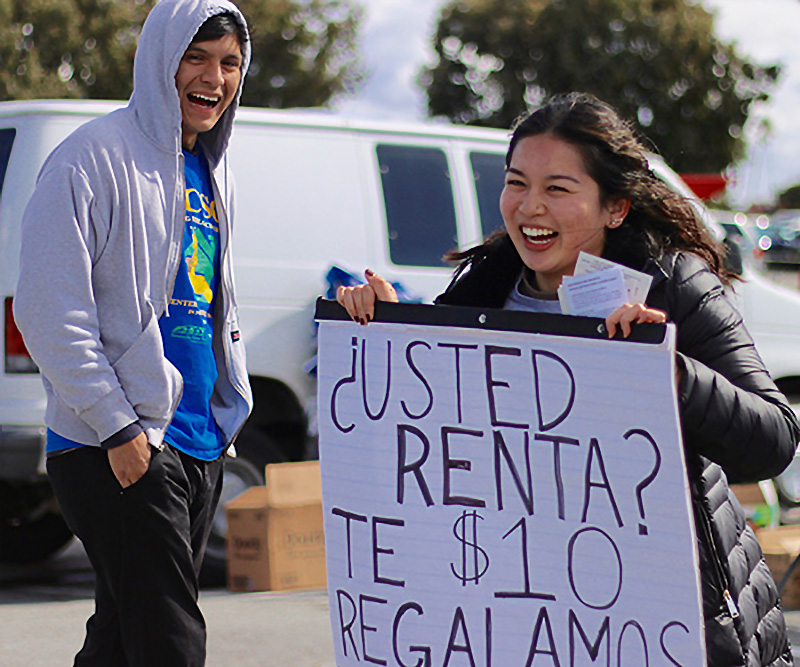
Resurgent “culture wars” and American partisan politics have once again put higher education on the hot seat. Stoked by attacks from the Right, colleges and universities find themselves on the defensive, having to fend off charges of elitism, liberal bias, and irrelevance. And to some degree, the onslaught is working. According to the Pew Research Center, only half of Americans, regardless of party leaning, believe colleges and universities have a positive impact on how things are going in the country.
One way higher ed institutions have clapped back has been to reassert their public missions and demonstrate their value and validity beyond the academy. Community-engaged research (CER), a movement that has been gathering steam since the 1990s, has become increasingly common on today’s campuses as part of this counter-campaign (Beaulieu, Breton, and Brousselle 2018). Broadly defined, community-engaged scholarship refers to “beneficial partnerships between universities and communities designed with the intention to collaboratively develop and apply knowledge to address consequential public issues” (Gordon da Cruz 2018). And increasingly, the calls for campus-community partnerships have also expanded to more deeply involve undergraduates as a way not only to boost civic engagement, but also increase student retention and career readiness. In this essay, I outline our attempts at the University of California-Santa Cruz to develop such a critical CER model, and share reflections from our community and undergraduate partners.
Report Citation:
McKay, Steve. “Critical Engagement: Deepening Partnerships for Justice.” Footnotes, vol. 50, no. 1, Winter 2022. American Sociological Association. https://www.asanet.org/critical-engagement-deepening-partnerships-justice.



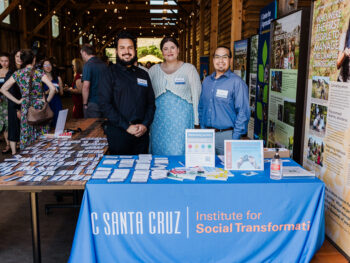
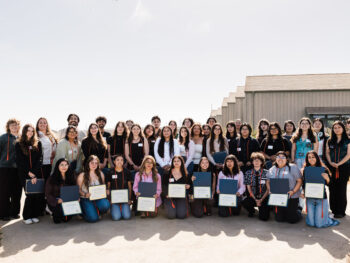

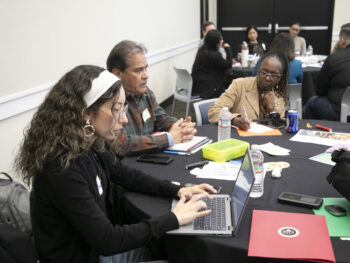
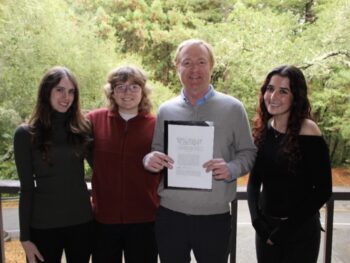
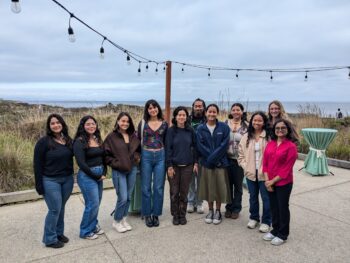
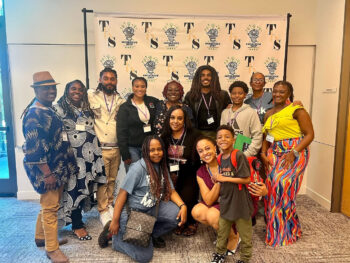
 Research for, by, and about the People
Research for, by, and about the People
